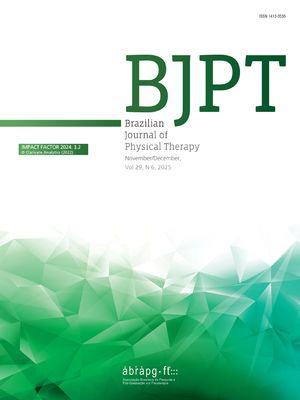O fator de impacto mede o número médio de citações recebidas em um ano por trabalhos publicados na revista durante os dois anos anteriores.
© Clarivate Analytics, Journal Citation Reports 2025
O CiteScore mede as citações médias recebidas por documento publicado. Mais informação
Ver maisSJR é uma métrica de prestígio baseada na idéia de que todas as citações não são iguais. SJR utiliza um algoritmo similar ao page rank do Google; é uma medida quantitativa e qualitativa ao impacto de uma publicação.
Ver maisSNIP permite comparar o impacto de revistas de diferentes campos temáticos, corrigindo as diferenças na probabilidade de ser citado que existe entre revistas de distintas matérias.
Ver mais








